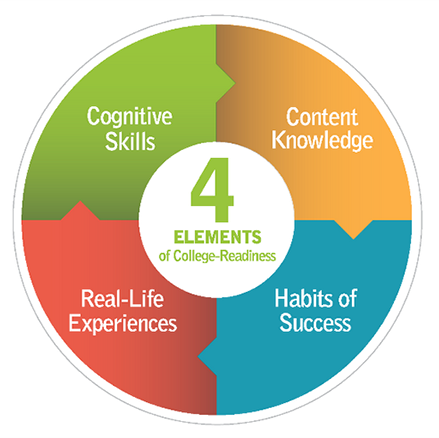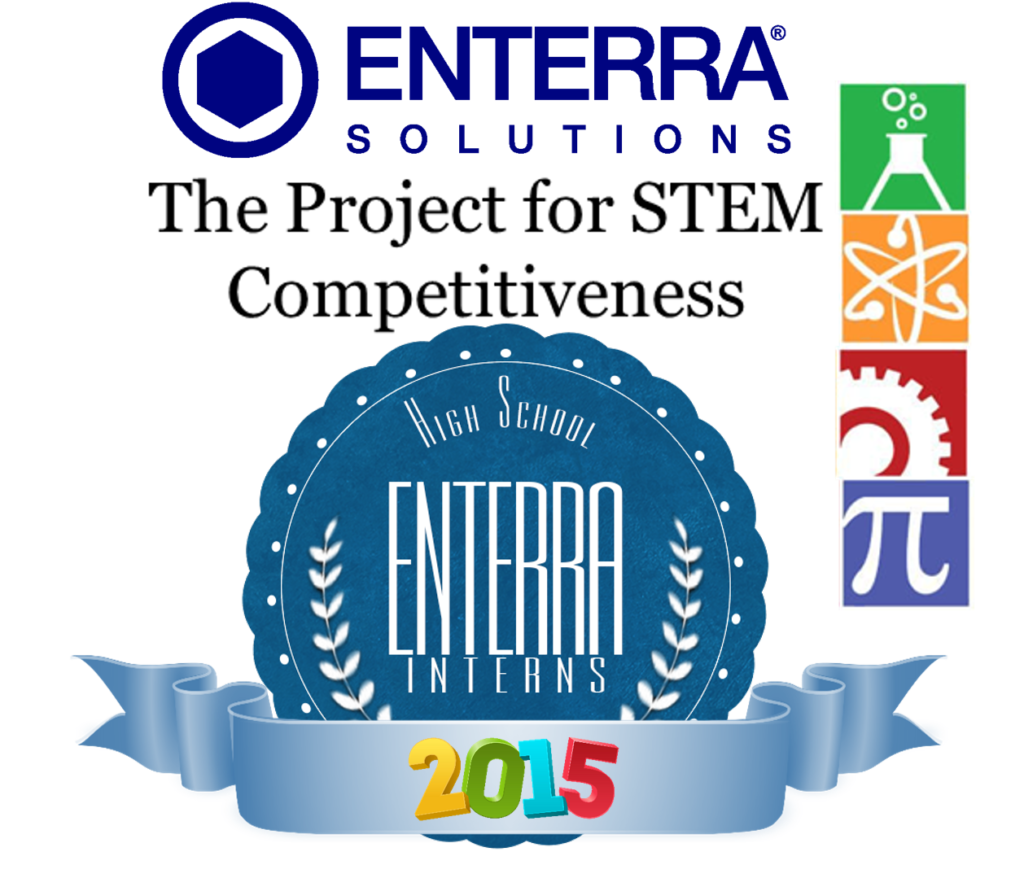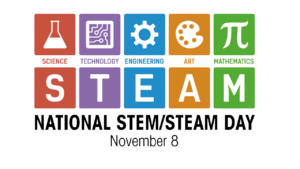Bill Nye (the “Science Guy”) asserts, “There’s nothing I believe in more strongly than getting young people interested in science and engineering, for a better tomorrow, for all humankind.” I certainly agree that the future will be a better place if today’s students are properly taught how to think critically and are trained in the problem-solving skills they will need to face the challenges that lie ahead. Enterra Solutions® and the Project for STEM Competitiveness were fortunate this year to sponsor a summer intern program that hosted 13 talented students, ranging in age from 15 to 19, who will undoubtedly help make the world a better place in which to live. Most for the interns were from the United States, some were from South Korea and China. Eleven of the students came from the George School in Newtown, PA, one student came from the Lawrenceville School in Lawrenceville, NJ, and one from the Ridge High School in Basking Ridge, NJ. This summer the interns completed an intensive seven-week program that focused on each intern getting involved with:
- A Big Data Science Project
- Business and Technology Training
- Tours of:
- The Frick Chemical Laboratory a Princeton University
- The Princeton Plasma Physics Laboratory
- Tiger Labs: A start-up Incubator in Princeton Univeristy
- The Princeton Plasma Physics Laboratory
- The Project for STEM Competitiveness Lecture Series
- Dr. Caleb Bastian of the Program on Applied and Computational Mathematics at Princeton University. Topic: High Dimensional Mathematical Analsysis.
- Jose Garmilla, a Ph.D. Candidate and Researcher at Princeton University’s Department of Astrophysical Sciences. Topic: History of Cosmology.
- Miles Elsden, Ph.D., Chief Scientist and Acting Chief Scientific Advisor for the United Kingdom’s Department of Transport. Topic: Work on natural disasters and and health & safety.
- Bert Navarette, CEO, and Trish Ryan, Community Manager of Tiger Labs. Topic: Collaborative Community and Incubation of Start-up Companies.
- Staff at the Princeton Plasma Physics Laboratory. Topic: Plasma technology.
- Samuel Wagner, Ph.D., Executive Director of Global Health Economics and Outcomes (Oncology) Research at Bristol-Myers Squibb in Princeton, NJ. Topic: Transformational Advances in Immuno-Oncology.
For their Big Data Science Project, interns were divided into three teams based on their skills and experience. The three teams collaborated on a single, five-week project. The teams consisted of:
Team One — Creative Product Design
Nathan Zelesko (16)
Eden McEwen (16)
Mia Brossoie (15)
Tommy Cifelli (16)
Team Two — Quantitative Analysis
Cameron Montag (18)
Simon Shao (19)
Dylan Hoffman (17)
Ellie Clermont (16)
John Zhang (16)
Team Three — Software Engineering
Sidney Kochman (18)
Matthew Heyrich (16)
Ivy O’Neal-Odom (16)
Seuengho Baik (18)
The objective of the project was to create a product that allows a client to analyze a data set of interest through an easy-to-use and interactive website that could dynamically resize to mobile devices. The interns had to find a free data set and then determine how they could productize, design, develop, test, and deploy an application that leveraged the data. During the internship, participants learned the following:
- Technical computing with MS Excel
- Survey development focused on preference elicitation
- Statistical analyses with R
- Exploratory analyses
- Cluster analyses
- Classification with logistic regression
- Cross-validation
- Web application development
- Creation and deployment of a recommendation engine
- Elegant design through Angular JS and JQuery
- Use of Google, Facebook, and Wikipedia APIs
- High performance web server using Flask/Python
- Database development
- PostgreSQL
- Redis
- Project management and cross-functional team building
Last Friday (August 14) the interns presented their final work to Enterra employee. The project involved creation of a website (called NY Cortex) that allows users to find interesting places in New York City based on their current mood. The user takes a quick survey, and the website uses this information to recommend places that it thinks match the user’s preferences and interests. The interns worked with information from the Google Places API, which provides data on businesses and locations within New York City. They also collected their own data by sending out a survey to determine how a user’s preferences relate to the places he or she enjoys visiting. The NY Cortex website notes:
“Whether you’re looking to visit New York City for the first time or you’re a long-time resident, NYCortex aims to help you discover NYC in a new way. It is a website that provides you with a personalized travel directory, displaying places in New York City based on your preferences. Using the results of a short, interactive survey, we can assess which locations best suit your interests. For your convenience, the results are presented in an easy-to-use map, as well as a categorized list of places.”
At Enterra and the Project for STEM Competitiveness, we believe that hands-on, project-based problem solving activities are an excellent way to prepare students for college and beyond. Mira Browne (@SummitPS), Chief External Officer at Summit Public Schools, and Betty Chen agree that this kind of approach provides “a rich learning experience that allows every student to realize his or her highest potential.”[1] She believes there are “four key elements of college and career readiness that empower our students to drive their learning and own their success.

Browne and Chen believe that a learning environment that involves solving authentic problems, working in teams, developing strong communication skills and thinking critically, help develop real-world, cognitive skills. They conclude:
“Empowering students with the skills to become self-directed learners will help them to develop the Habits of Success that lead to academic and personal success. Habits of Success are mindsets and behaviors, such as managing stress, persevering through a challenge, working well with others, setting goals and making plans, all of which ultimately deepen the satisfaction of your life.”
Bill Gates (@BillGates) agrees that education enriches lives. He once stated, “What’s amazing is, if young people understood how doing well in school makes the rest of their life so much more interesting, they would be more motivated. It’s so far away in time that they can’t appreciate what it means for their whole life.” Employees at Enterra Solutions and people involved with the Project for STEM Competitiveness are happy to play a role in helping students gain real-life experience and hone the cognitive skills they will need as their educational journey continues. This year’s group of interns were exceptional in every way and we congratulate them on their efforts. To learn more about their activities, visit their Facebook page and read my earlier article entitled “Enterra/PSC Interns Join Ranks of Young Innovators.”
Without the participation of a number of bright and talented people, the intern program would not have been such a success. I would like to particularly thank Sam Wagner, who mentored the group, Jeanette Pappas and Stacy Drewer, who provided administrative assistance, all of the speakers mentioned above, and individuals from the George School who provided invaluable support, including: Chris Odom, Nancy Starmer (Head of School), Scott Spence, Dan Breen, Ben Croucher, Susan Quinn, Ralph Lelii, and Heather Till.
Footnotes
[1] Mira Browne and Betty Chen, “Graduating Self-Directed Learners Ready to Thrive in College,” Getting Smart, 23 May 2015.





